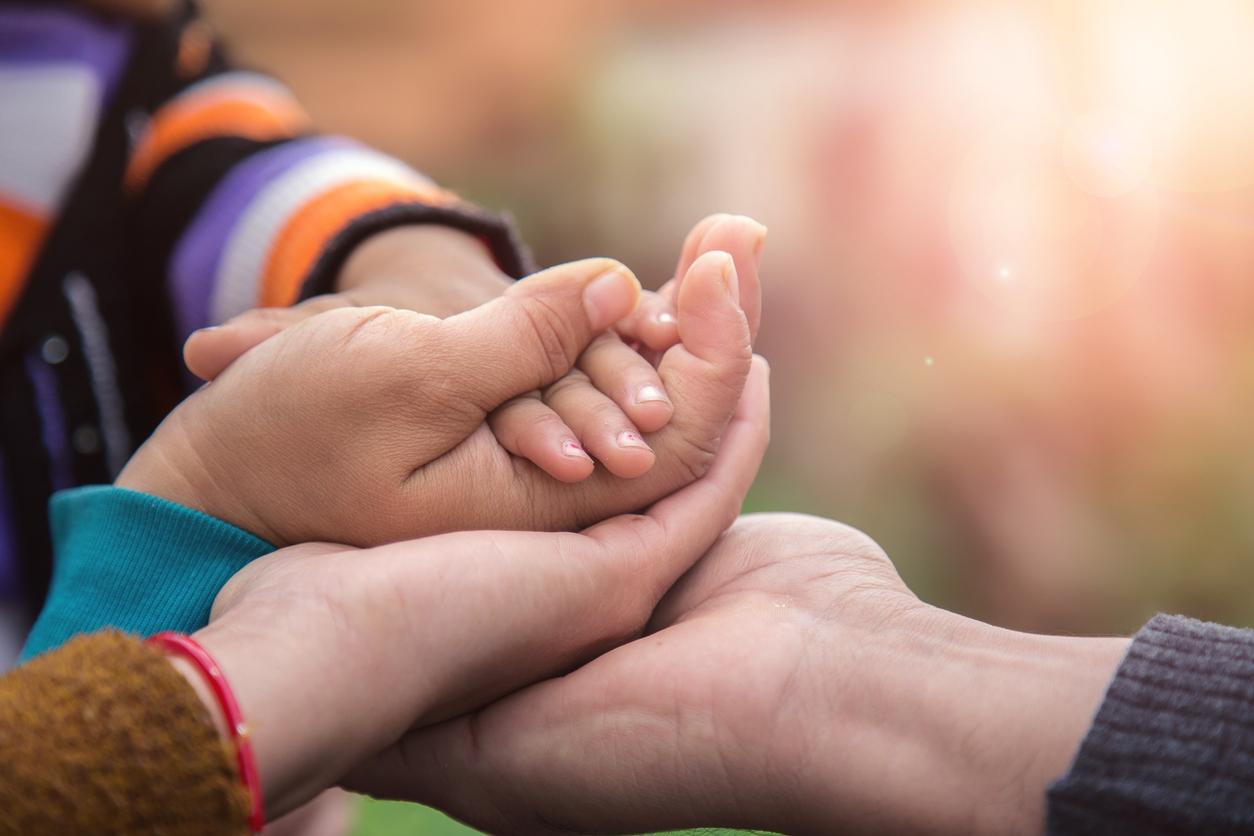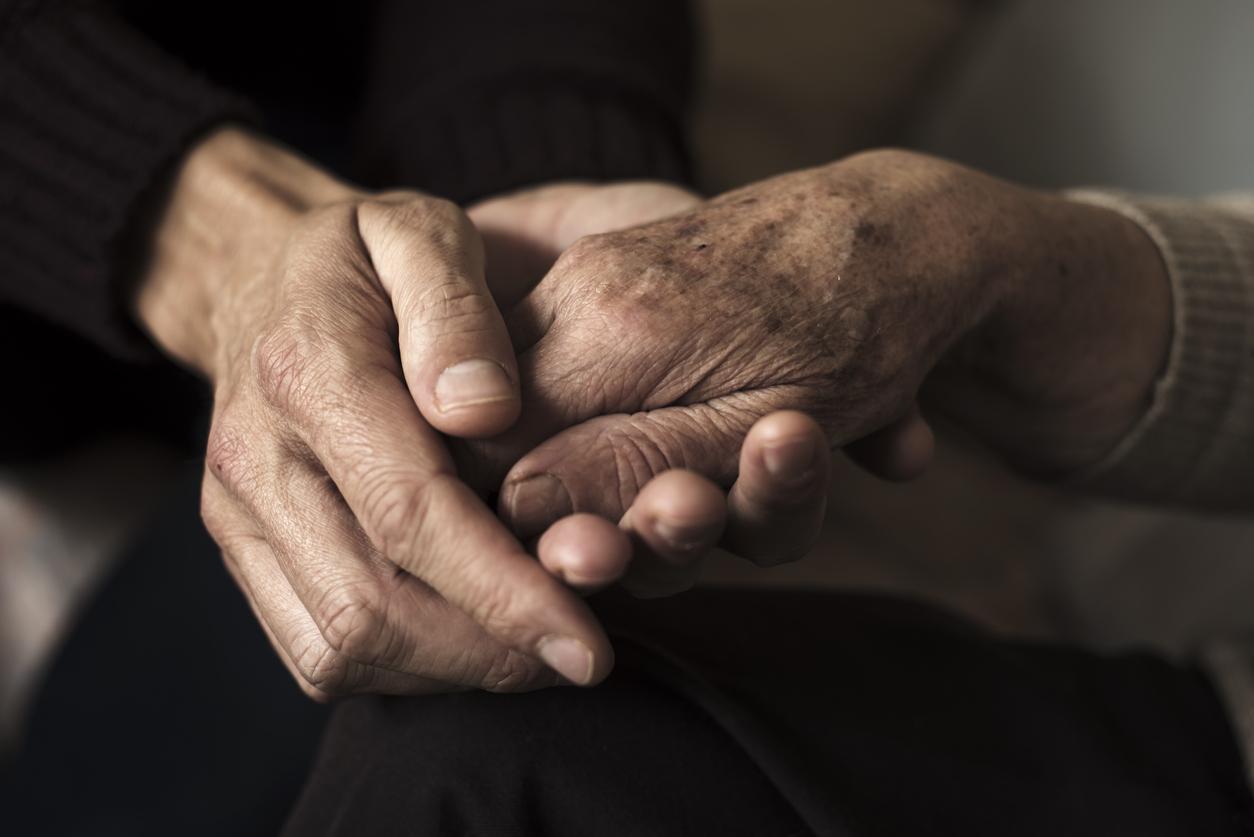Encouraging parity between men and women allows everyone to have a better life expectancy, according to a study.

- Researchers have analyzed how reducing gender inequalities could influence the life expectancy of women and men.
- According to their study, empowering women could help increase the longevity of both women and men.
- Access to education is a crucial sector for gender equality.
Gender inequalities can have a real impact on health. According to researchers, working to reduce them can indeed positively influence the life expectancy of both women and men. Their study, published in Plos Global Public Health, is the first of its kind on the subject.
The reduction of inequalities and life expectancy are progressing
To carry out their research, the scientists relied on a modified version of the Global Gender Gap Index (GGGI), developed by the World Economic Forum. It compares the efforts made in favor of gender parity and equality between the 156 countries referenced. The GGGI assigns each country a score ranging from 0, non-parity, to 1, gender parity.
Scientists explain that in a decade, we notice a small evolution in gender equality. Indeed, the GGGI went from 58% to 62%, globally. At the same time, life expectancy for women has increased from 75.7 years to 77.6 years and from 69.7 years to 71.4 years for men.
School for all helps increase life expectancy for both sexes
According to the study, each 10% increase in GGGI allows women to gain 4.3 months of life expectancy and men 3.5 months.
And it is gender equality in education that has the greatest impact on life expectancy: “This suggests that investing in education is paramount, particularly in poor and middle-income countries, where many girls are still denied access to education.”explains the doctor who led the study, Ana-Catarina Pinho-Gomes.
Released two days before International Women’s Day, this study is proof that improving the representation of women in many sectors not only contributes to a wealthier and healthier society, but also to a longer life for everyone. , conclude the scientists.















